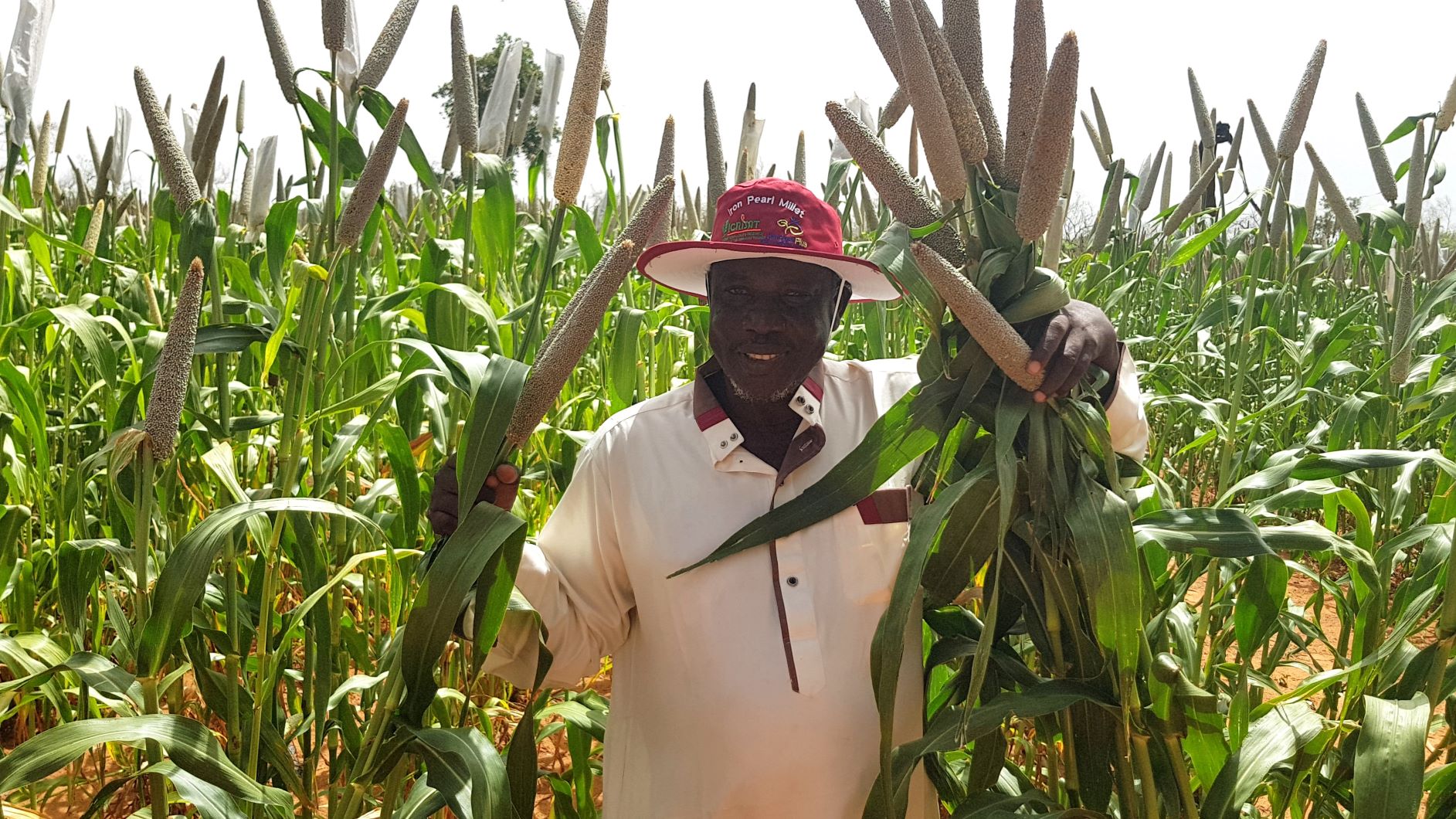About this Course
GLDC has made ambitious impact commitments in its design and work plan. These are framed by the sustainable development goals (SDGs) and more explicitly by alignment to the CGIAR’s Strategy and Results Framework which emphasizes three top level goals, known as System Level Outcomes (SLOs): i) Reduce poverty; ii) Improve food and nutrition security; iii) Improve natural resources and ecosystem services.
To advance these outcomes it is critically important to plan, organize and implement research and related activities in such a way that it delivers impact.
This e-leaning course is designed as a series of practical modules that guide teams through a process to develop Theories of Change for new project proposals or implementation plans for existing projects, with a focus on impact. It will inspire GLDC researchers and collaborators to develop new ideas about how their activities can be designed for impact at large scale. It also builds on our collective concern and commitment to support sustainable development. It acknowledges the diverse and innovative contributions of all GLDC partners. And from these starting points we want to equip teams with tools and perspectives to plan and implement your work in even more impactful ways.
Purpose of the course
· Research by GLDC with its CGIAR and other partners develops diverse technological and social innovations with the intention to transform agri-food systems at scale;
·However, to achieve this it is necessary to plan, organize and implement research and related activities in such a way that research delivers impact and is scaled.
There are now a number of tools and approaches that are available to help manage for impact.
This e-leaning course, will help equip GLDC researchers and their partners with the told and perspectives needed to plan and implement research in impactful ways.
Rationale:
GLDC has made impact commitments in its design and work plan. These are framed by the sustainable development goals (SDGs) and more explicitly by alignment of impact ambitions to the CGIAR’s Strategy and Results Framework which emphasizes three top level goals, known as System Level Outcomes (SLOs): i) Reduce poverty; ii) Improve food and nutrition security; iii) Improve natural resources and ecosystem services.
While these impact ambitions are clearly articulated at the level of GLDC, the delivery of impact needs to be operationalized at the level of activity clusters and window 3 funded projects. These then roll up into the higher level program deliverables. A key capacity building activity is therefore to ensure that these activities and projects are planned in such a way that impact and scaling are adequately addressed.
What will this course offer participants?
The course will equip scientists with tools and perspectives to plan and implement for impact, ultimately boosting GLDC’s impacts and achieving system level outcomes. Specifically:
It will help in the articulation and testing of impact logic and critical assumptions particularly for complex impact domains related to agri-food system change
It will help identify and design supporting interventions and the selection of partners to help in impact delivery and scaling;
It will help better assess partners’ capacities and drivers and any required policy changes that might be needed to enable impact and scaling;
It will navigate gender issues that need to be considered in impact planning and implementation
It will improving the design of funding proposals, by making impact logic transparent and plausible.
Participants, approach and delivery method
The course is aimed at GLDC researchers and their partners. Ideally, the first round of the course would like to target 5 teams of 4 to 5 members who would bring a specific on-going activity or new project proposal. The course will use expert modules and exercises to guide the teams through the development of an impact plan for the activity and project proposal that they will bring with them. Prior to the starting the course, each team will need to provide the course conveners with a brief description of the activity or project proposal that they will work on. Assistance of Flagship leaders will be sought to help identify project teams would be a real world example for the teams to work through. The delivery method will be in an e-learning format with 6 modules followed by an interactive virtual workshop with each individual team. Domain experts will deliver each module which will include a presentation, resource materials and an exercise that helps the teams put into practice the tools and perspectives in each module. Domain experts will provide each team feedback and mentoring for each exercise.

